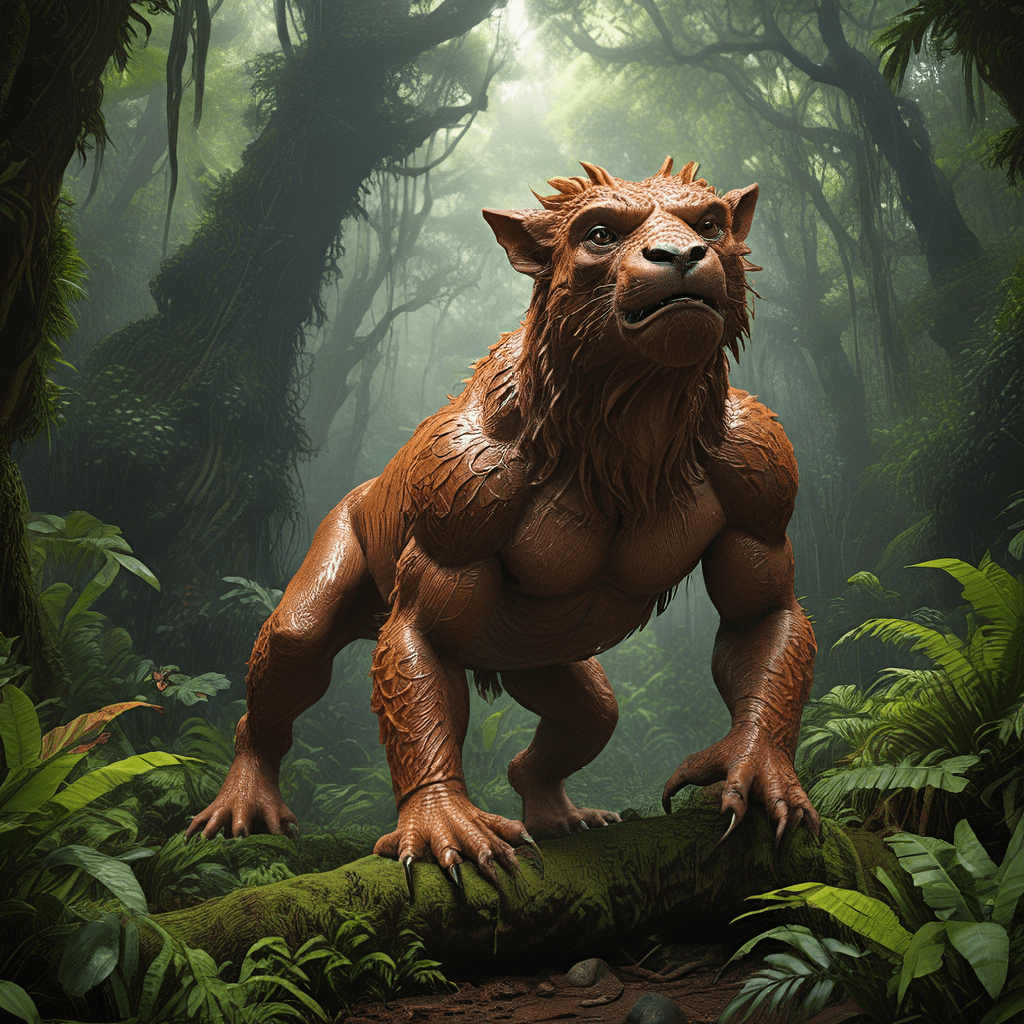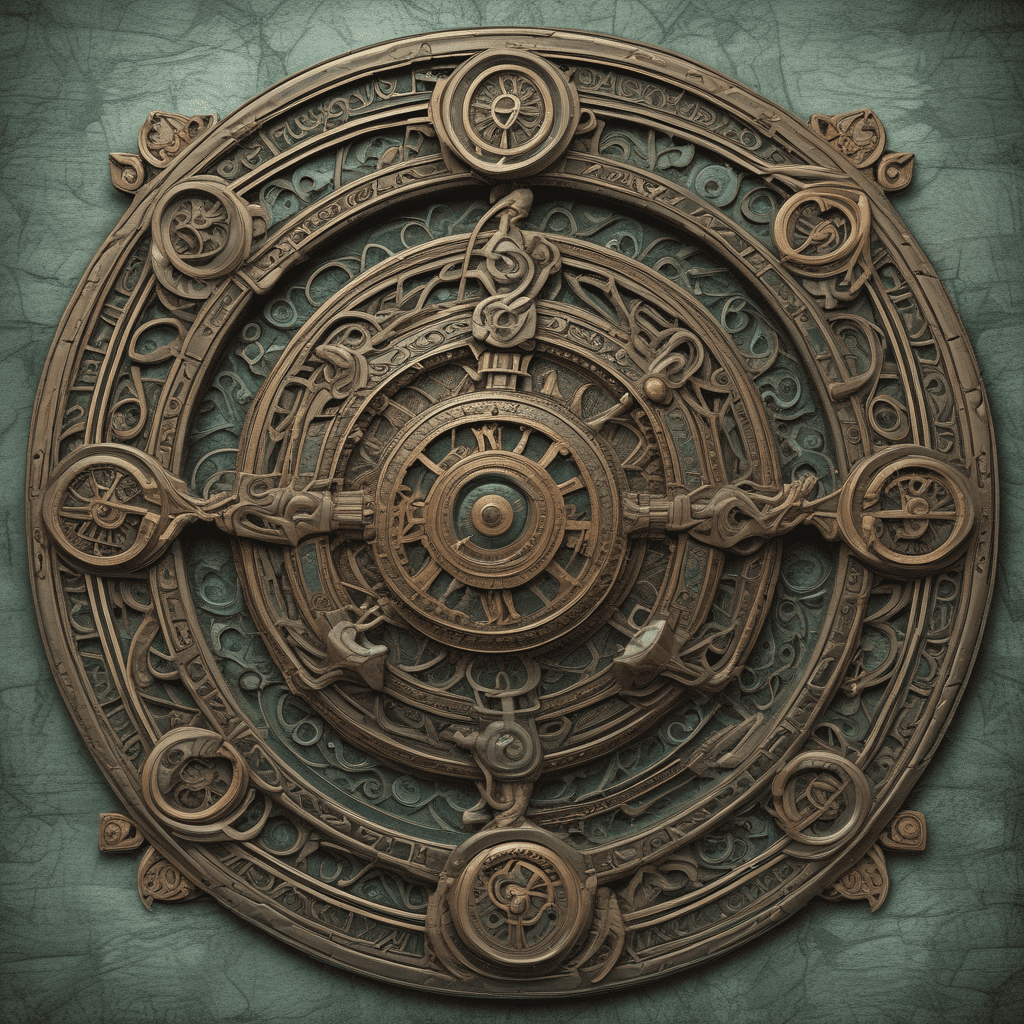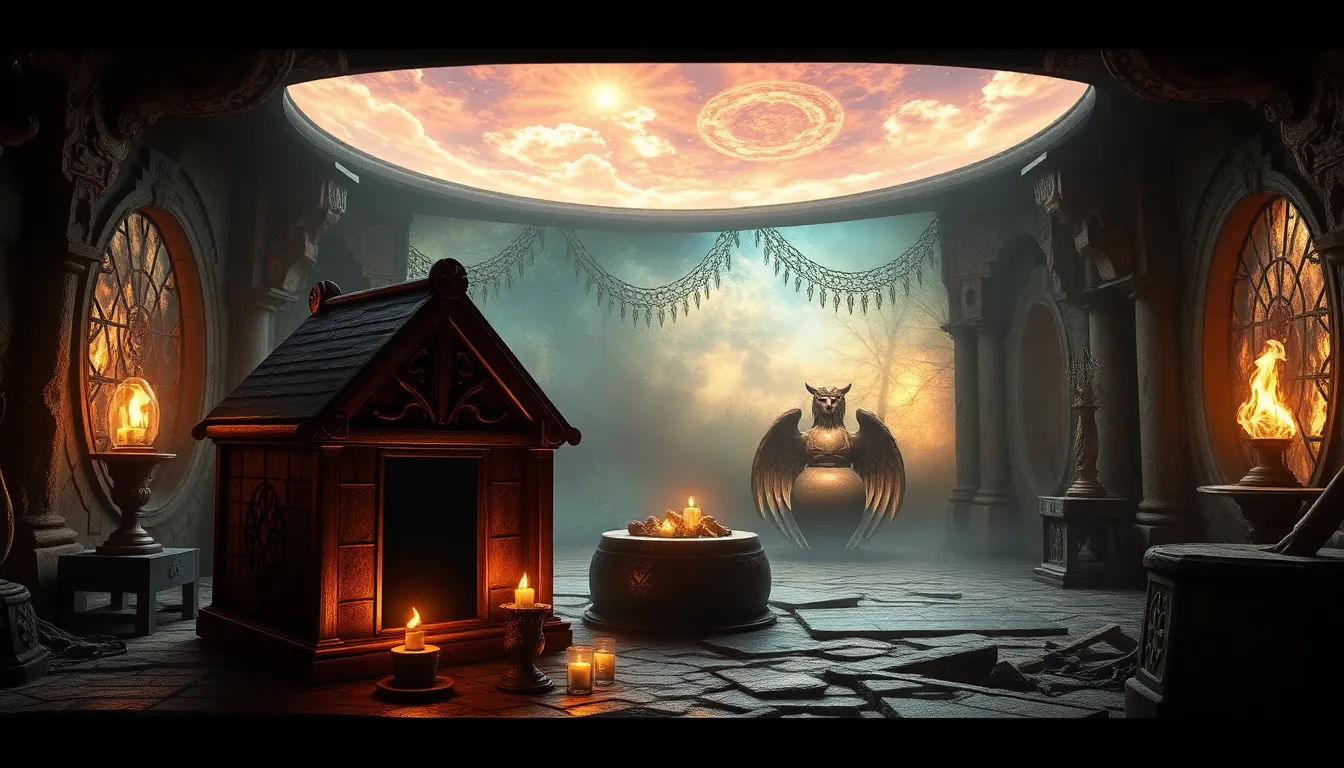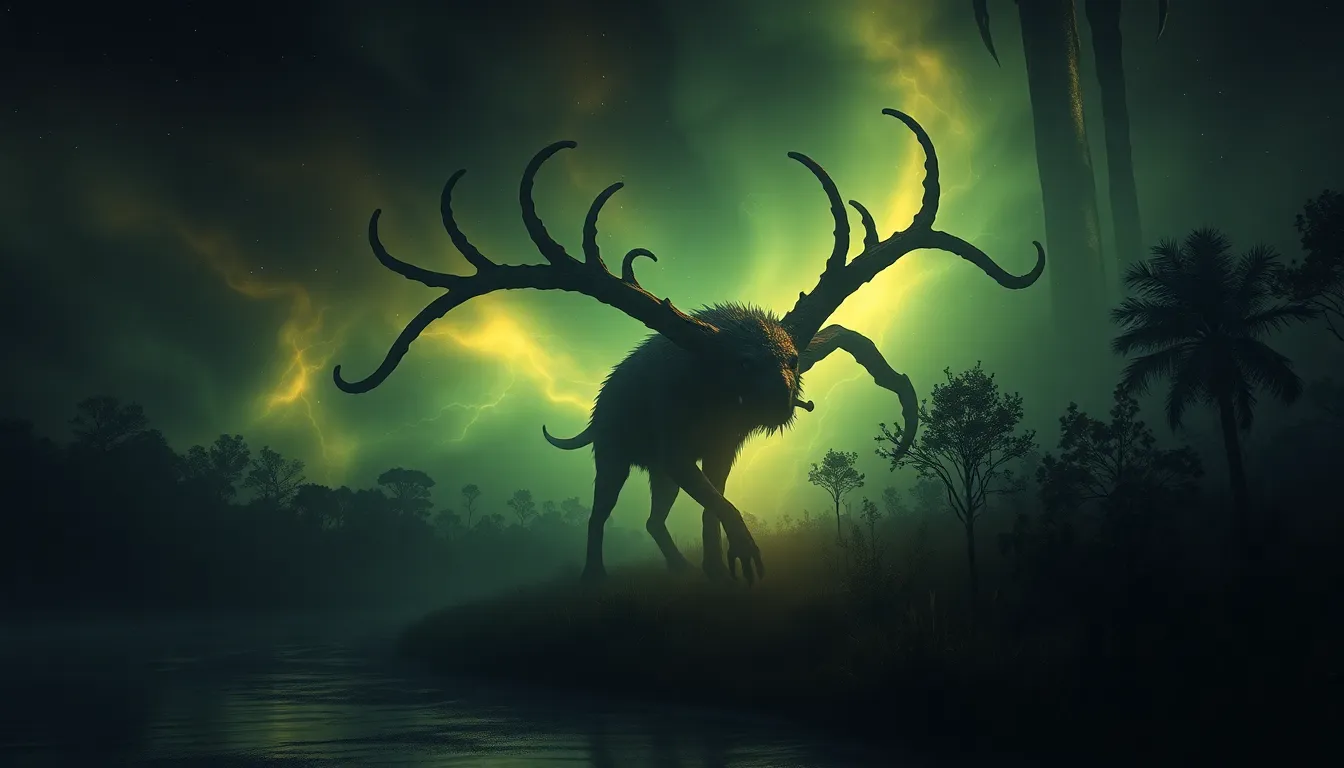The Hawaiian Rainforest: A Realm of Myth and Legend
The Hawaiian rainforest is a lush and vibrant ecosystem teeming with life. But beyond the visible world of plants and animals, there lies a realm of myth and legend, where spirits and mythical creatures roam. The indigenous Hawaiian people have long believed that these mythical beings, known as Akua, inhabit the rainforest, shaping its landscape and influencing the lives of humans.
These stories, passed down through generations, offer a glimpse into the rich cultural heritage and spiritual beliefs of the Hawaiian people. They embody the deep respect and reverence they have for the natural world and the interconnectedness of all living things.
The Akua (Spirits of the Rainforest)
The Akua are the spirits of the Hawaiian rainforest, representing the life force that animates the land. They are not necessarily good or evil, but rather powerful beings with their own personalities and intentions.
Some Akua are benevolent, protecting the forest and its inhabitants. Others are mischievous or even dangerous, requiring caution and respect. The Akua are believed to reside in specific places, such as trees, waterfalls, or caves. They can manifest in various forms, appearing as animals, plants, or even humans.
For example, the Akua of the Waterfalls are said to be guardians of the water, ensuring its purity and abundance. The Akua of the Trees are believed to protect the forest from harm, while the Akua of the Caves are associated with healing and knowledge.
The Menehune: Tiny Builders of Myth
The Menehune are a race of small, magical beings who inhabit the Hawaiian rainforest. They are known for their incredible skill and speed as builders, constructing massive structures overnight while humans sleep. These structures, often referred to as Menehune work, include fishponds, temples, and even roads.
Legends say that the Menehune are about three feet tall with pale skin, black hair, and large eyes. They are said to be skilled artisans, using tools made of stone and wood to build their structures. The Menehune are also said to be peaceful and benevolent, helping humans in times of need.
Mo’o: The Dragon-like Guardians of the Forest
The Mo'o, often translated as "lizard" or "dragon," are powerful mythical creatures that are believed to guard the Hawaiian rainforest. They are serpentine beings with scales, claws, and sometimes even wings. The Mo'o are powerful protectors of the forest, but they can also be dangerous if angered.
Legends say that the Mo'o can change shape, appearing as animals, humans, or even rocks. They are often associated with water, and some believe that they control the rain. The Mo'o are also said to be wise and knowledgeable, offering guidance and protection to those who respect them.
The Night Marchers: Haunting Spirits of the Rainforest
The Night Marchers are a group of spirits who are believed to roam the Hawaiian rainforest at night. They are the souls of warriors or chiefs who died in battle, and they are said to march in a procession, carrying weapons and chanting.
The Night Marchers are often seen as a warning, and encountering them is considered a bad omen. It is believed that if you see the Night Marchers, you should not look directly at them, as this could bring misfortune. The Night Marchers are a reminder of the powerful forces that inhabit the rainforest, and the importance of respecting them.
The Importance of Respecting the Akua
The Hawaiian people believe that respecting the Akua is crucial for maintaining harmony in the rainforest and ensuring the well-being of both humans and nature. This respect is expressed through various practices, including offerings, prayers, and rituals.
Offerings, such as flowers, food, or tobacco, are left at sacred sites to appease the Akua and seek their favor. Prayers are offered to the Akua for protection, guidance, and good fortune. Rituals, like hula dances or chants, are performed to honor the Akua and connect with their spiritual energy.
Disrespecting the Akua is believed to bring misfortune, illness, or even death. This belief underscores the importance of respecting the natural world and the interconnectedness of all living things.
The Hawaiian rainforest is not just a place of beauty and wonder; it is also a sacred space where the Akua reside. By respecting the Akua, the Hawaiian people demonstrate their deep reverence for the land and its spiritual significance.
The Role of Mythology in Hawaiian Culture
Hawaiian mythology plays a vital role in their culture, serving as a rich source of history, values, and spiritual teachings. It helps to explain the world around them, providing answers to questions about the origins of the universe, the creation of islands, and the nature of life.
Through stories, songs, and dances, Hawaiian mythology transmits cultural knowledge and values from one generation to the next. It emphasizes the importance of respect for the natural world, the interconnectedness of all living things, and the responsibility of humans to care for the environment.
These stories inspire a sense of community and belonging, fostering a deep connection between the Hawaiian people and their land. They also provide guidance on how to live a fulfilling and meaningful life, aligned with the principles of aloha (love, compassion, and respect).
Theories on the Origin of Hawaiian Mythology
There are various theories about the origin of Hawaiian mythology, with most scholars believing that it is a blend of indigenous beliefs and influences from other Polynesian cultures.
One theory suggests that the Hawaiian people arrived in the islands from the Marquesas Islands, bringing with them their own stories and legends. Over time, these narratives evolved to reflect the unique environment and experiences of Hawaii.
Another theory proposes that the Hawaiian people developed their own unique mythology in response to their environment. The stories reflect the challenges and opportunities of living on volcanic islands, surrounded by the ocean.
Regardless of the specific origin, Hawaiian mythology is a complex and fascinating tapestry of beliefs and stories, reflecting a deep understanding of the natural world and a reverence for the spiritual realm.
Influence of Polynesian Folklore
Polynesian folklore has significantly influenced Hawaiian mythology, with many shared narratives and themes found across different islands in the Pacific. These shared stories often feature deities, heroes, and mythical creatures representing the beliefs and values of the Polynesian people.
Some prominent examples include:
- The Polynesian god of creation, Kane: He is often associated with the creation of the universe, the Earth, and humanity.
- Maui, the trickster god: This iconic figure is known for his cunning and strength, often using his powers to benefit humanity.
- The Menehune: These small, magical beings are also found in other Polynesian cultures, known for their incredible skills in construction and their benevolent nature.
These shared stories demonstrate the interconnectedness and shared cultural heritage of the Polynesian people, highlighting the enduring influence of their folklore on Hawaiian mythology.
Modern-Day Interpretations of Hawaiian Rainforest Mythology
In contemporary Hawaii, the ancient stories and legends continue to inspire and resonate with the local people. Modern writers, artists, and musicians reinterpret these narratives, offering new perspectives and interpretations of traditional beliefs.
These interpretations often reflect contemporary concerns, such as environmental protection, cultural preservation, and the impact of globalization.
For example, some artists use traditional Hawaiian motifs in their work to express their connection to their heritage and raise awareness about the importance of protecting the natural world.
The enduring legacy of Hawaiian rainforest mythology demonstrates its relevance and significance in contemporary society, inspiring a sense of cultural pride and a deep appreciation for the natural world.
FAQ
Q: Are there any real-life examples of Menehune work?
A: While there is no definitive proof of the Menehune's existence, some ancient structures in Hawaii, like fishponds and temples, are attributed to their work. These structures are often impressive for the time they were built, with intricate design and engineering, making them somewhat mysterious.
Q: Can people actually see the Akua?
A: The Akua are said to be invisible to humans unless they choose to reveal themselves. It is believed that certain people, like kahunas (priests), have the ability to perceive and interact with the Akua through specific rituals and practices.
Q: How can I learn more about Hawaiian mythology?
A: There are various resources available, including books, websites, museums, and cultural centers. You can also seek out local Hawaiian elders or cultural practitioners who can share their knowledge and insights about their traditions.




